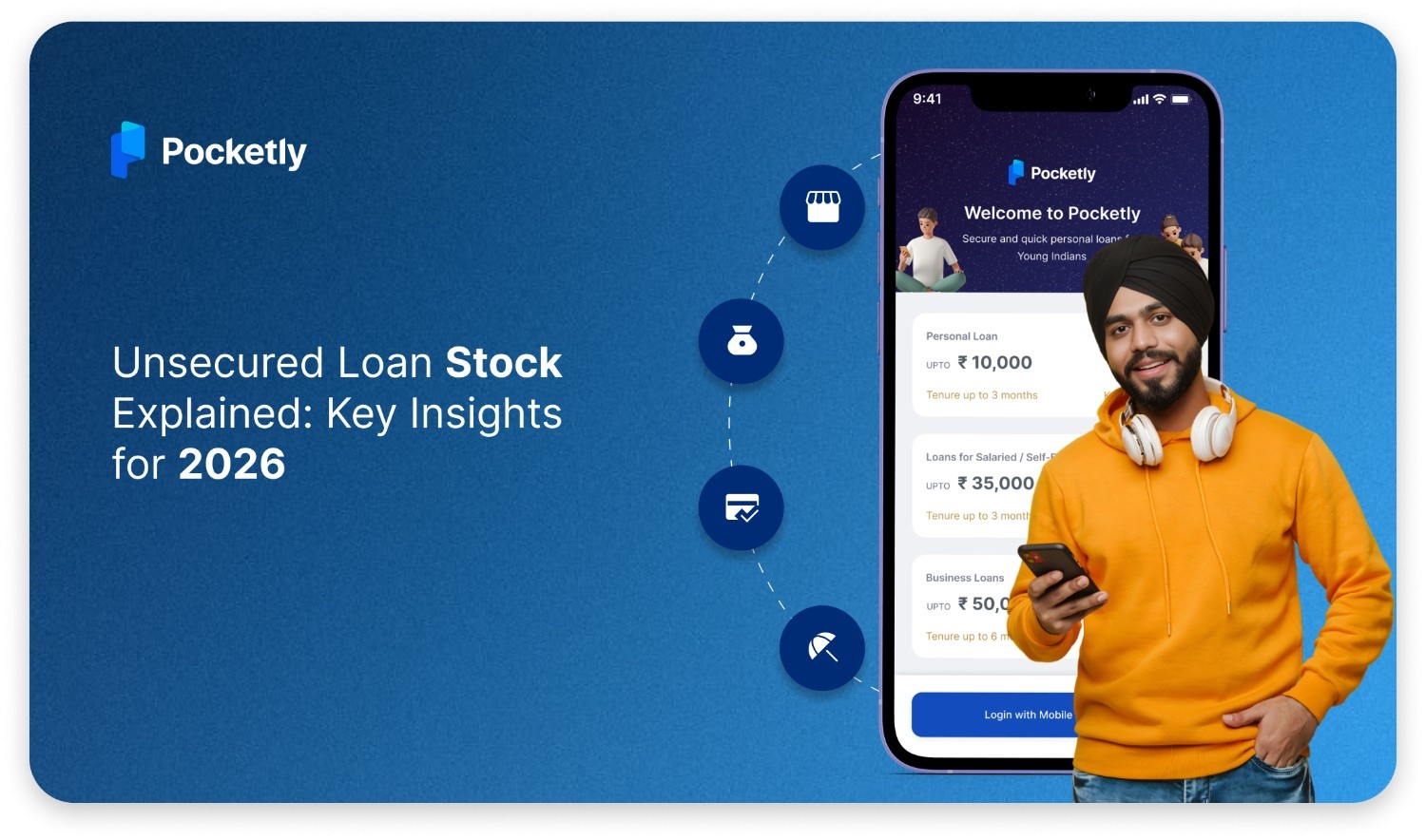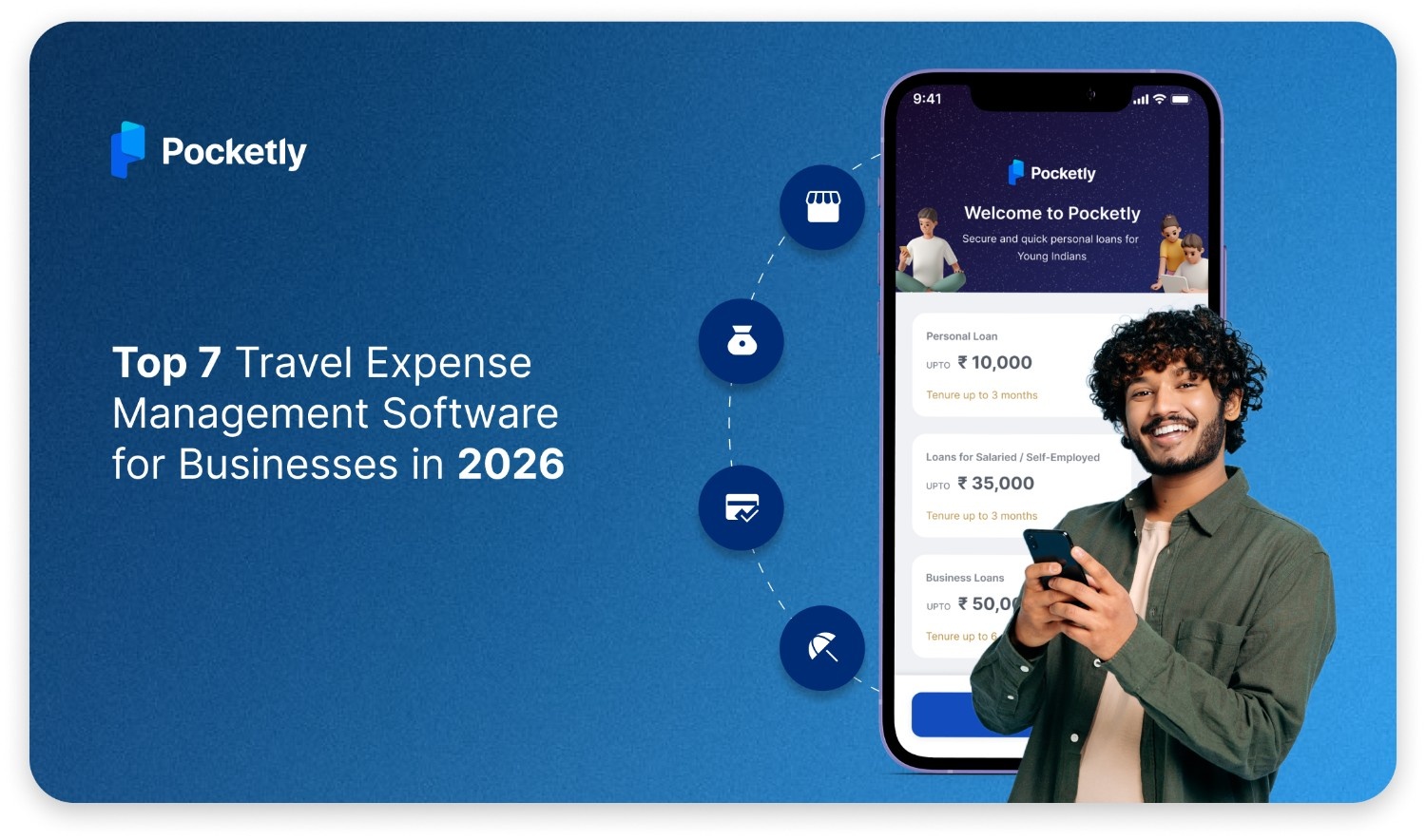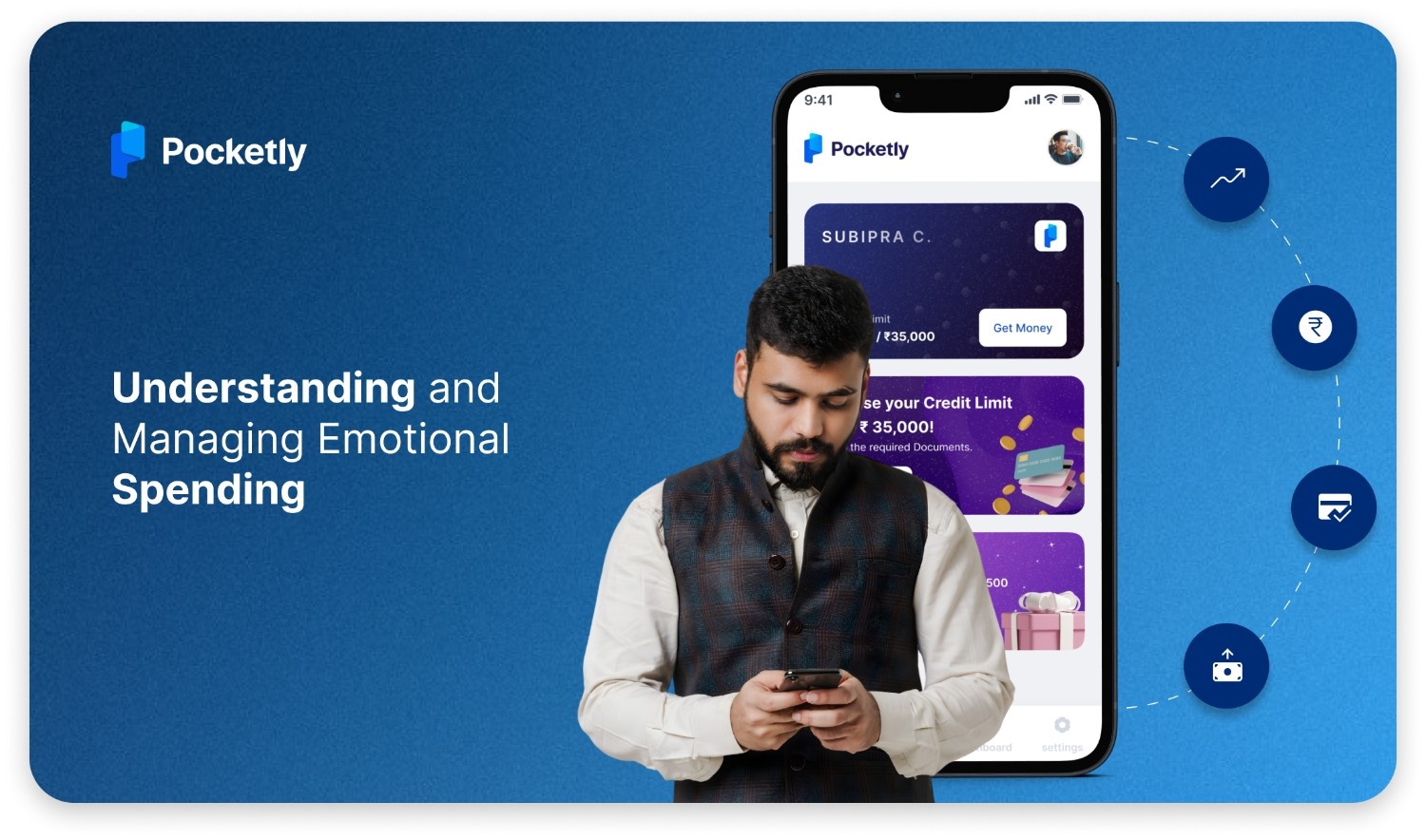Are you finding it tough to get a personal loan because your company isn’t listed? You’re not alone! Many employees in non-listed companies in India face higher interest rates, lower loan amounts, or even loan rejections.
Banks often see non-listed company employees as riskier since these companies don’t share as much financial information publicly. This makes borrowing frustrating, especially when you need money quickly for emergencies or big expenses.
But don’t worry, things are changing. More NBFCs and digital lenders now offer loans tailored for employees like you. In this blog, I’ll break down what lenders look for, how you can improve your chances, and what steps to take to get the loan you need. Let’s make borrowing easier together!
Listed Company vs. Non-Listed Company
Let’s break it down simply. A listed company is one whose shares you can buy and sell on a stock exchange like the NSE or BSE. Anyone can invest, and these companies have to follow strict rules set by SEBI.
They regularly publish financial reports, making it easy for investors to track their performance. Because their shares are traded openly, it’s easy to buy or sell them whenever you want.
When you work for a listed company, lenders feel more confident because they can easily check your employer’s financial health and stability. This often means faster approvals, higher loan amounts, and lower interest rates for you.
On the other hand, a non-listed (or unlisted) company doesn’t trade its shares on any stock exchange. These companies are usually owned by a small group of private investors. They don’t have to follow as many regulations, so there’s less public information available.
If you’re with a non-listed company, lenders see more risk. There’s less public information and transparency, so they may ask for extra documents, set stricter eligibility criteria, and offer lower loan amounts or higher interest rates
Challenges for Employees of Non-listed Companies in Securing Personal Loans
If you work for a non-listed company, getting a personal loan can feel like an uphill task. Here are the challenges you might face while securing personal loans if you are working with non-listed companies.
1. Strict Eligibility Checks
Many banks and lenders see employees of non-listed companies as riskier applicants. This is mainly because non-listed companies don’t have to share as much financial information as listed ones. Lenders can’t easily check your employer’s financial health, so they become extra cautious.
Because of this, you might face stricter checks when you apply for a loan.
2. Frequent Verifications
Lenders often ask for more documents, such as several months of salary slips, bank statements, and detailed proof of income. They want to be sure you have a steady job and reliable income. Sometimes, they even ask for extra verification to confirm your job stability and your company’s credibility.
3. Higher Interest Rates
Interest rates are another hurdle. Employees of non-listed companies usually get higher interest rates compared to those working for listed firms. Loan amounts might be lower, and repayment periods could be shorter. Some public sector banks may even refuse loans to employees from non-listed companies, which can be disheartening.
4. Longer Processing Times
You might also find the process slower or more complicated. Lenders take their time to check everything, and you may have to explain your situation more than once. The lack of transparency about your employer makes lenders nervous, so they look for every possible assurance before approving your loan.
But there is hope. Some private banks, digital lenders such as Pocketly, and NBFCs now offer personal loans designed for employees of non-listed companies. They look at your credit score, income, and work history more closely, rather than just your employer’s reputation.
Building a good relationship with your bank, keeping your documents ready, and maintaining a strong credit score can help you improve your chances.
If you’re facing these challenges and feel like traditional lenders are always putting up roadblocks, you’re not alone. Many employees of non-listed companies struggle to find quick, fair, and flexible loan options. That’s exactly why platforms like Pocketly exist. Pocketly offers a simple, digital solution to help you get personal loans without all the usual hassles, collateral, minimal paperwork, and instant approvals.
If you want to learn more about securing a paperless instant personal loan online, check out this guide to instant personal loans for step-by-step tips and benefits.
To improve your chances of securing a loan, here are the key eligibility factors that lenders typically look for
Eligibility Criteria for Personal Loans For Non-listed Company Employees
If you work for a non-listed company and need a personal loan, here’s what most banks and NBFCs look for:
- Age: You should be between 21 and 58 years old for most banks, though some NBFCs allow up to 67 years.
- Citizenship: You must be an Indian citizen.
- Employment: You need to be a salaried employee with a private (non-listed) company.
- Work Experience: Most lenders require at least 1-2 years of total work experience, with at least 6-12 months in your current job.
- Minimum Monthly Income: Your income should generally be at least ₹20,000–₹25,000 per month in metro cities and slightly lower in other cities. Some NBFCs may consider a minimum of ₹12,500.
- Credit Score: A good credit score is important. Most lenders look for a score of 650–750 or above. Higher scores improve your chances and may help you get better rates.
- Salary Payment Method: You must receive your salary through a bank account. Cash salary recipients are usually not eligible.
- Repayment Capacity: Lenders check your debt-to-income ratio to ensure your existing EMIs do not exceed 40% of your net monthly income.
- Other Factors: Lenders may also consider your place of residence, overall work history, and the industry in which you work.
Lenders may ask for extra documents or verifications for employees of non-listed companies to confirm job stability and company credibility. Having these documents ready can help you speed up the loan process and improve your chances of approval.
Also, your credit score is one of the first things lenders check. If you want actionable strategies to improve your score, don’t miss this article on how to boost your CIBIL score to 750.
Once you have all your documents in order, you’re ready to move forward with your personal loan application. Let’s walk through the loan application process for employees of non-listed companies in India, so you know exactly what to expect next.
Loan Application Process
Most leading banks and NBFCs now offer a fully online process for personal loan applications, making it convenient and fast for employees of non-listed companies. Here’s how it typically works:
1. Online Application Method
- Step 1: Visit the lender’s website or app and select the personal loan option.
- Step 2: Fill in your basic details, name, contact information, employment type, monthly income, and PAN.
- Step 3: Upload scanned copies of required documents such as ID proof, address proof, salary slips, and bank statements.
- Step 4: Submit the application for review.
Benefits:
- The process is paperless and can be completed from anywhere, saving time and effort.
- You get real-time updates on your application status.
- Many lenders offer instant or same-day approvals, making it ideal for urgent needs.
2. Instant Decisions Through Soft Credit Inquiries
After submitting your application, lenders typically perform a soft credit inquiry to assess your creditworthiness. This step does not impact your credit score and allows lenders to give you an instant decision in principle.
If you meet the lender’s criteria, you may receive a provisional approval within minutes. This quick feedback helps you plan your finances without unnecessary delays.
3. Loan Disbursement Process Post-Approval
Once your application is approved and all documents are verified, the lender will share a formal loan offer outlining the sanctioned amount, interest rate, and repayment terms.
After you accept the offer and sign the agreement (often digitally), the loan amount is disbursed directly to your bank account, sometimes within a few hours, especially for smaller loan amounts or with instant loan products. For larger loans, the process may take a bit longer as additional verification might be required.
Once you understand the loan application process and what happens after approval, it’s natural to wonder how you can boost your chances of getting that personal loan, especially when you work for a non-listed company.
Tips to Get a Personal Loan for Non-Listed Company Employees
With the right approach and a few smart strategies, you can improve your eligibility and make your application stand out. Let’s explore some practical tips to help you secure a personal loan as a non-listed company employee.
1. Maintain a Good Credit Score
Your credit score is one of the first things lenders check. Pay your bills and EMIs on time, avoid taking on too much debt, and check your credit report regularly for errors. A score above 750 gives you the best shot at approval and better interest rates.
2. Keep All Documents Ready
Have your salary slips, bank statements, ID proof, and employment letter handy. Lenders may ask for extra documents if you work for a non-listed company, so being prepared helps speed up the process.
3. Show Stable Employment
Lenders prefer applicants who’ve been with their current employer for at least 6–12 months. If you’ve recently changed jobs, consider waiting a bit before applying, or be ready to explain your career moves.
4. Choose the Right Lender
Some private banks and NBFCs are more open to lending to employees of non-listed companies. Research lenders, compare offers, and look for those with flexible eligibility criteria.
5. Avoid Multiple Applications
Applying to many lenders at once can hurt your credit score. Instead, check your eligibility with online tools or speak to the lender before submitting a formal application.
6. Opt for a Lower Loan Amount
If you’re unsure about approval, start by applying for a smaller loan amount. This reduces the lender’s risk and increases your chances of getting approved.
7. Consider a Co-Applicant
Adding a co-applicant with a strong credit profile or a stable job with a listed company can boost your chances and help you get better terms.
8. Highlight Additional Income
If you have extra income from freelancing, rent, or investments, mention it in your application. This shows lenders you have more resources to repay the loan.
You might still feel that traditional lenders don’t quite fit your needs, especially if you’re young, just starting your career, or looking for small, quick loans without the usual paperwork hassles. This is where digital lending platforms like Pocketly step in to make a real difference.
How Pocketly Made Loans Simple for Non-Listed Company Employees
Pocketly is a fintech startup designed specifically for the financial needs of young Indians. Their mission is to make borrowing smart, simple, and transparent, so you can focus on your goals without being weighed down by complicated loan processes or hidden costs. Unlike traditional banks, Pocketly doesn’t require any collateral, removing a major barrier that many borrowers face
Features of Pocketly
- Flexible Loan Amounts: Borrow from as little as ₹1,000 up to ₹25,000, ideal for meeting short-term financial needs without over-borrowing.
- No Collateral Required: Pocketly eliminates the need for any security or collateral, removing a major barrier for many borrowers.
- Minimal Documentation: Apply with just basic KYC documents like ID proof and bank statements. No physical paperwork needed.
- 100% Digital Process: From application to disbursal, everything happens online through a user-friendly app, saving time and effort.
- Quick Approval and Disbursal: Get instant loan decisions through soft credit checks and receive funds directly in your bank account within minutes.
- Competitive Interest Rates: Interest starts as low as 2% per month, making small loans affordable even for those with limited credit history.
- Flexible Repayment Options: Choose repayment tenures up to 6 months with easy EMI plans, including the option for partial prepayments.
- No Hidden Charges: Transparent fee structure with no annual fees, joining fees, or surprise costs.
- Support for First-Time Borrowers: Pocketly welcomes users with little or no credit history, helping build credit responsibly.
- 24/7 Customer Support: Access assistance anytime through the app, ensuring a smooth borrowing experience.
These features make Pocketly a convenient and accessible lending option for employees of non-listed companies who often face challenges with traditional lenders.
Conclusion
Getting a personal loan when you work for a non-listed company in India can feel challenging, but it’s definitely possible with the right knowledge and preparation. By understanding what lenders look for, keeping your documents ready, and maintaining a good credit score, you put yourself in a much stronger position.
Remember, it’s always smart to compare your options and choose a lender that values transparency and flexibility.
Platforms like Pocketly are making borrowing easier for young professionals and employees of non-listed companies. With quick approvals, minimal paperwork, and flexible repayment options, you can access the funds you need without the usual stress.
Just be sure to borrow responsibly and use your loan for meaningful goals, whether it’s handling an emergency, investing in your growth, or supporting your family.
Ready to experience hassle-free borrowing? Download the Pocketly app today and take your first step towards financial independence!
FAQs
1. Can employees of non-listed companies get personal loans easily?
While it can be more challenging compared to employees of listed companies, many private banks, NBFCs, and digital lenders like Pocketly offer personal loans specifically tailored for non-listed company employees. Meeting eligibility criteria and maintaining a good credit score can improve your chances.
2. What documents do I need to apply for a personal loan if I work in a non-listed company?
You typically need identity proof, address proof, recent salary slips, bank statements showing salary credits, employment proof (like an appointment letter), and a filled loan application form. Some lenders may ask for additional verification due to the nature of your employer.
3. Why do lenders charge higher interest rates for employees of non-listed companies?
Lenders see non-listed companies as higher risk because they don’t have to disclose as much financial information publicly. This lack of transparency makes lenders cautious, leading to higher interest rates and stricter eligibility requirements.
4. How can I improve my chances of getting a personal loan as a non-listed company employee?
Maintain a strong credit score by paying bills on time, keeping all your documents ready, showing a stable employment history, choosing lenders who cater to non-listed company employees, and considering applying for smaller loan amounts or adding a co-applicant to strengthen your application.










